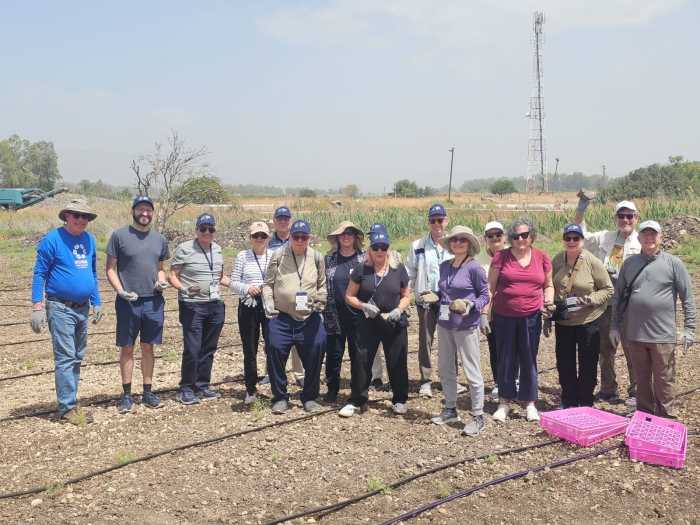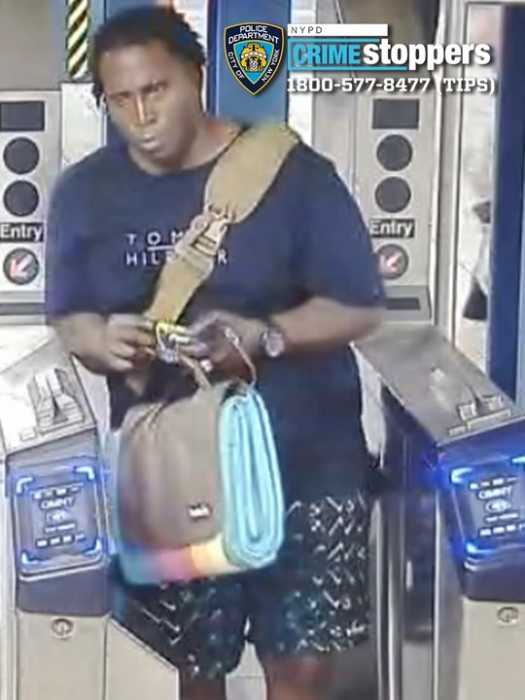Along with a good resume, a good cover letter is equally important in getting a job.
Cover Letter Guidelines
Here is a standard approach to cover letters that can be adapted as needed for each of the situations listed. Virtually every good cover letter follows these guidelines.
I. Present A Good Appearance
Your contacts with prospective employers should always be professional. Buy good-quality stationary and matching envelopes. The standard 8-1/2 by 11 inch paper size is usually used. The preferred colors are white, ivory or light beige paper.
The cover letter should always be typed, on a very fine quality office typewriter or on a letter quality or laser-based computer printer.
It would be foolish to prepare a first quality resume and then to include with it a cover letter typed on an old home portable typewriter or on a dot-matrix computer printer. Try to use a word processor with letter quality output.
Do it right. Doing it right also means that you never mass produce a cover letter. Cover letters are individually prepared, individually written, individually typed or printed, and the material in it should be aimed directly at the target, the market, the recipient.
II. Use An Appropriate Format
Any standard business correspondence format is acceptable.
Impersonal letters are not given a warm reception by employers. They may be treated the same way as you treat mass-produced advertising materials you receive in the mail — they go into the wastebasket.
Because the cover letter is a personal form of correspondence, you should use the name of the person who will receive the letter. Learn it, and then spell it correctly.
If you are using the cover letter to send a resume as a follow-up on a phone conversation or after a face-to face meeting, you will ruin a wonderful opportunity if you misspell the name, title, the name of the organization, or even a word within the letter.
III. Provide a Friendly Review
Begin the letter with a reminder of any prior contacts and the reason for your correspondence now.
Explain how you learned of the employer, why you are interested in the organization and state the type of position you are seeking.
IV. Target Your Skills and Experiences
To do this well, you must know something about the organization or person with whom you are dealing. Present any relevant background that may be of particular interest to the person you are writing.
Highlight your qualifications for the position. Use one or two power-packed sentences describing how your capabilities can benefit the employer and how you can handle the job.
State that your resume, which further details your qualifications, is enclosed.
V. Define The Next Step
Don’t close your letter without clearly identifying what you will do next. Most writers of cover letters make one major mistake above all others. It comes in the closing paragraph. It is so common that some books written by well-known resume authorities show it as “the correct way.” It is not correct. The mistake is this: In the closing paragraph, the writer mistakenly says:
“My home telephone number is 000-0000, and I may be reached there between the hours of 4 and 6 p.m. daily. Please call me to arrange an interview.”
In the minds of knowledgeable people, this is a signal that the letter writer is lazy. Why? Because it says:
“I’m at home, and I want you to call me if you are interested.”
Instead, it is recommended that you say you’ll call, that you do call, and that you continue to call, until you get through. If they are truly eager to call you, they have your number on a resume, or can find it easily enough at the bottom of your letter. But by your willingness to call, you show a sense of interest, enthusiasm and willingness to work that the “you call me” letter writer will never be able to imply.
Here is a guideline of a cover letter:
Full Address With Zip Code
Date
Name
Title
Company or Agency Name
Full Address – Zip Code
Dear ________________,
Tell where you heard of the opening or why you have selected this employer for an inquiry.
Describe your interest in the position, in the field of work, or in the organization. Mention your related education. If you have work experience, be sure to mention pertinent data or accomplishments to show that you have specific qualifications in this field or for what particular type of work.
Refer the employer to your resume. Enlarge upon anything in it which relates to the job of employer. Indicate that you are willing to provide additional data.
The closing paragraph should suggest your eagerness in arranging an interview. Include your telephone number and the times when you are most likely to be there or indicate a date and time when you will call the employer. End your letter with a note of thanks.
(Sincerely yours, yours truly),
(Signature)
Full name typed
Enclosure (your resume)



































